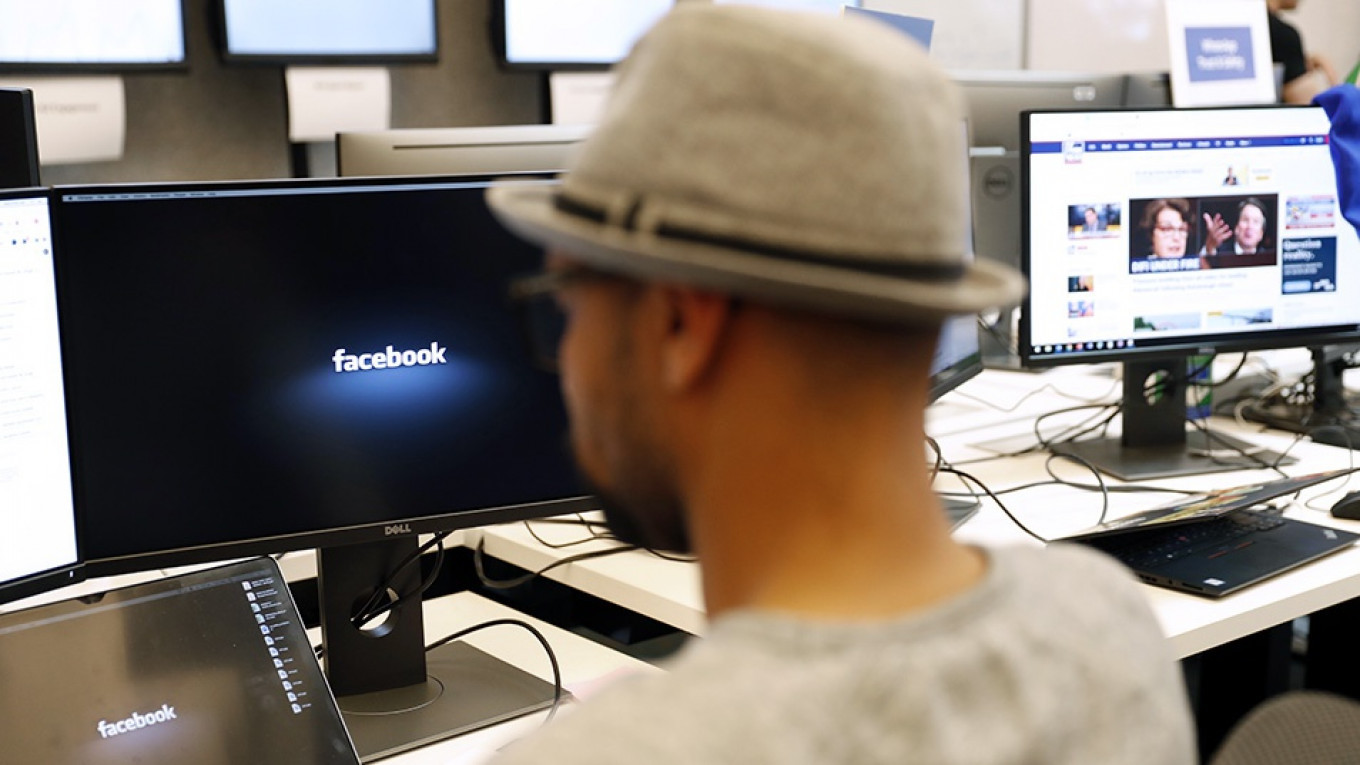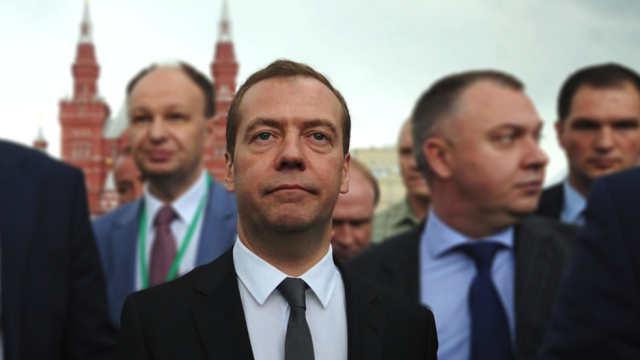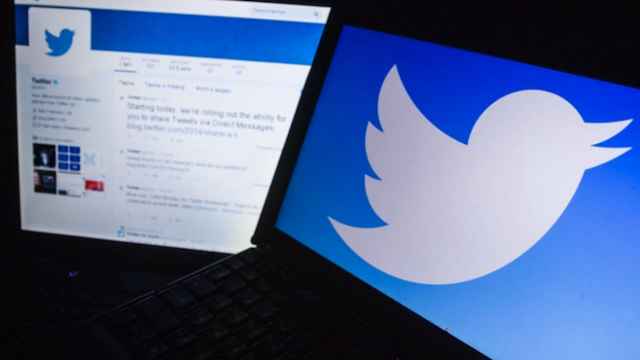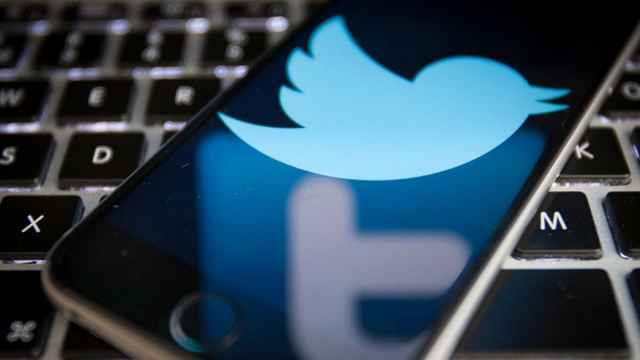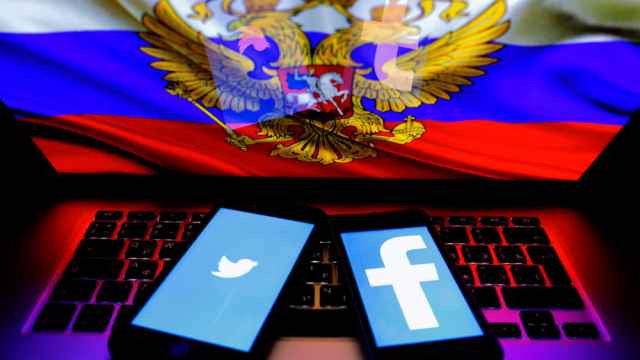Facebook and Twitter said on Thursday they had taken down a network of Russian-linked fake accounts operated out of Ghana and Nigeria which targeted the United States.
Facebook told reporters that the network, which it removed from Facebook and Instagram for engaging in foreign interference, was in the early stages of building audiences and was operated by local nationals, some wittingly and some unwittingly, on behalf of individuals in Russia.
Facebook said its investigation found links to an NGO in Ghana called EBLA, or "Eliminating Barriers to the Liberation of Africa," and individuals associated with past activity by Russia's Internet Research Agency (IRA), a St. Petersburg-based "troll factory" that U.S. intelligence officials say aimed to interfere in the U.S. presidential election in 2016.
The accounts in the new takedown managed Facebook pages posing as nongovernmental organizations (NGOs) or personal blogs, or posting in Facebook groups. They focused on topics such as black history, black excellence and fashion, celebrity gossip, U.S. news and LGBTQ issues. They also shared negative content about oppression and police brutality.
A CNN investigation found that accounts in Ghana and Nigeria claimed they belonged to people in the United States such as in Brooklyn or New Orleans. One account posed in a Facebook group as the cousin of an African American who died in police custody.
"This activity did not appear to focus on elections, or promote or denigrate political candidates," Facebook said in a blog post.
Facebook's head of cybersecurity policy, Nathaniel Gleicher, told reporters on a conference call that the network's technique appeared "to be attempting to create an NGO that had real-world people working for it on the ground in Ghana as a way to build legitimacy for their narratives and use that to message out."
EBLA's website says it is "a network of strong advocates of human rights" and "employs the cyber activism approach." CNN, which went to EBLA's headquarters in Ghana, reported that Ghanaian security services had raided the EBLA compound in February. EBLA did not immediately respond to a Reuters request for comment.
Twitter characterized the accounts, many of which were created in July 2019, as "attempting to sow discord by engaging in conversations about social issues, like race and civil rights."
Social media companies are under pressure to police foreign and domestic misinformation on their platforms, particularly since U.S. intelligence officials said that Russia used social media platforms for an influence operation aimed at electing President Donald Trump — a claim that Moscow has denied.
Reuters reported that U.S. intelligence and security officials this week were scheduled to tell Congress that Russian social media efforts were currently more directed at stirring up social divides over issues like ethnic group rivalries and tensions between police and local communities, rather than promoting specific U.S. presidential candidates.
In a statement on Thursday, House Intelligence Committee Chairman Adam Schiff said, "The potential use of cutouts on another continent meant to mask Russian connections is a startling signal that our adversaries continue to pursue new and inventive ways to cover their tracks and evade detection."
In this latest takedown, which was relatively small, the companies removed 49 Facebook accounts, 69 Facebook pages, 85 Instagram accounts and 71 Twitter accounts.
A Message from The Moscow Times:
Dear readers,
We are facing unprecedented challenges. Russia's Prosecutor General's Office has designated The Moscow Times as an "undesirable" organization, criminalizing our work and putting our staff at risk of prosecution. This follows our earlier unjust labeling as a "foreign agent."
These actions are direct attempts to silence independent journalism in Russia. The authorities claim our work "discredits the decisions of the Russian leadership." We see things differently: we strive to provide accurate, unbiased reporting on Russia.
We, the journalists of The Moscow Times, refuse to be silenced. But to continue our work, we need your help.
Your support, no matter how small, makes a world of difference. If you can, please support us monthly starting from just $2. It's quick to set up, and every contribution makes a significant impact.
By supporting The Moscow Times, you're defending open, independent journalism in the face of repression. Thank you for standing with us.
Remind me later.


